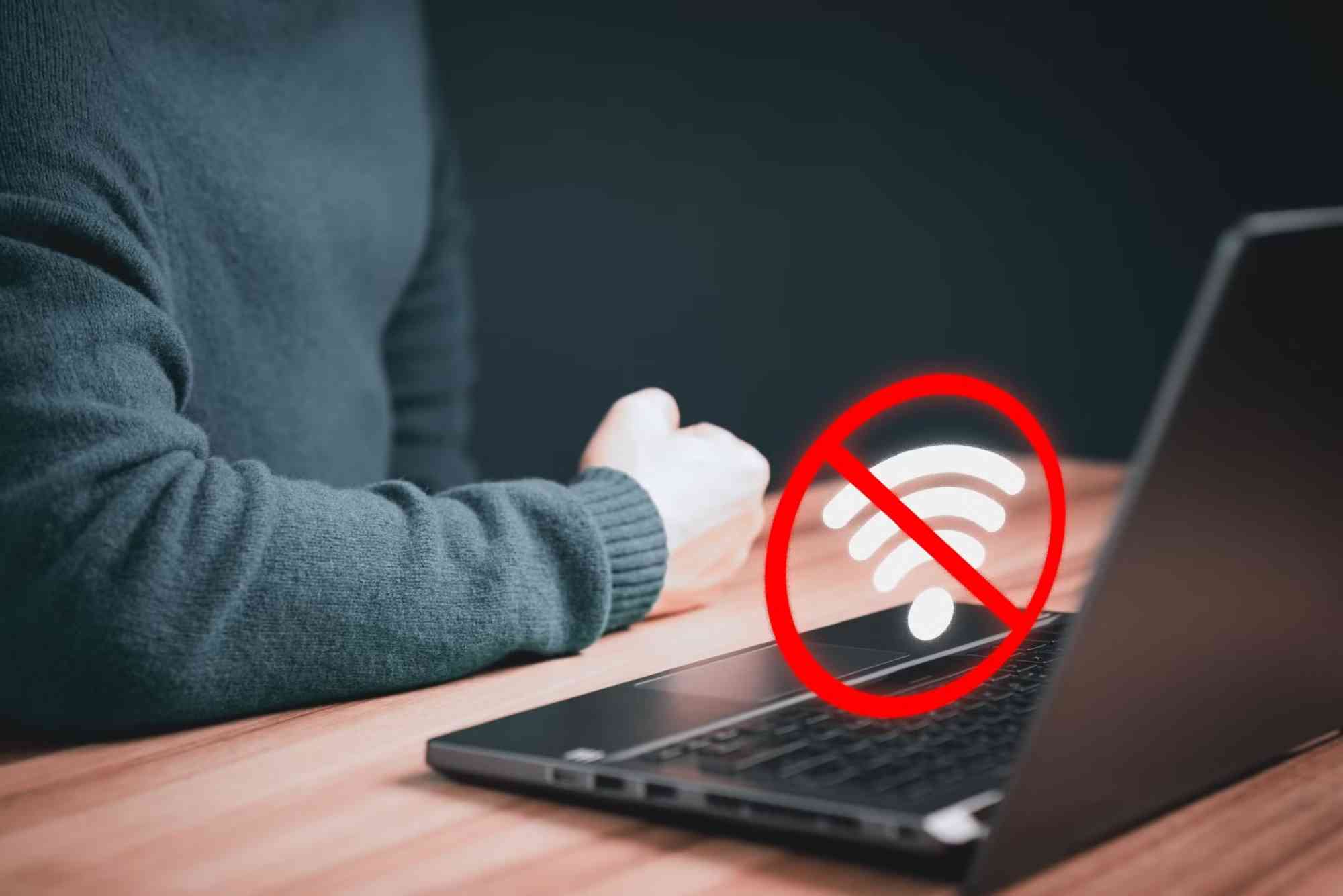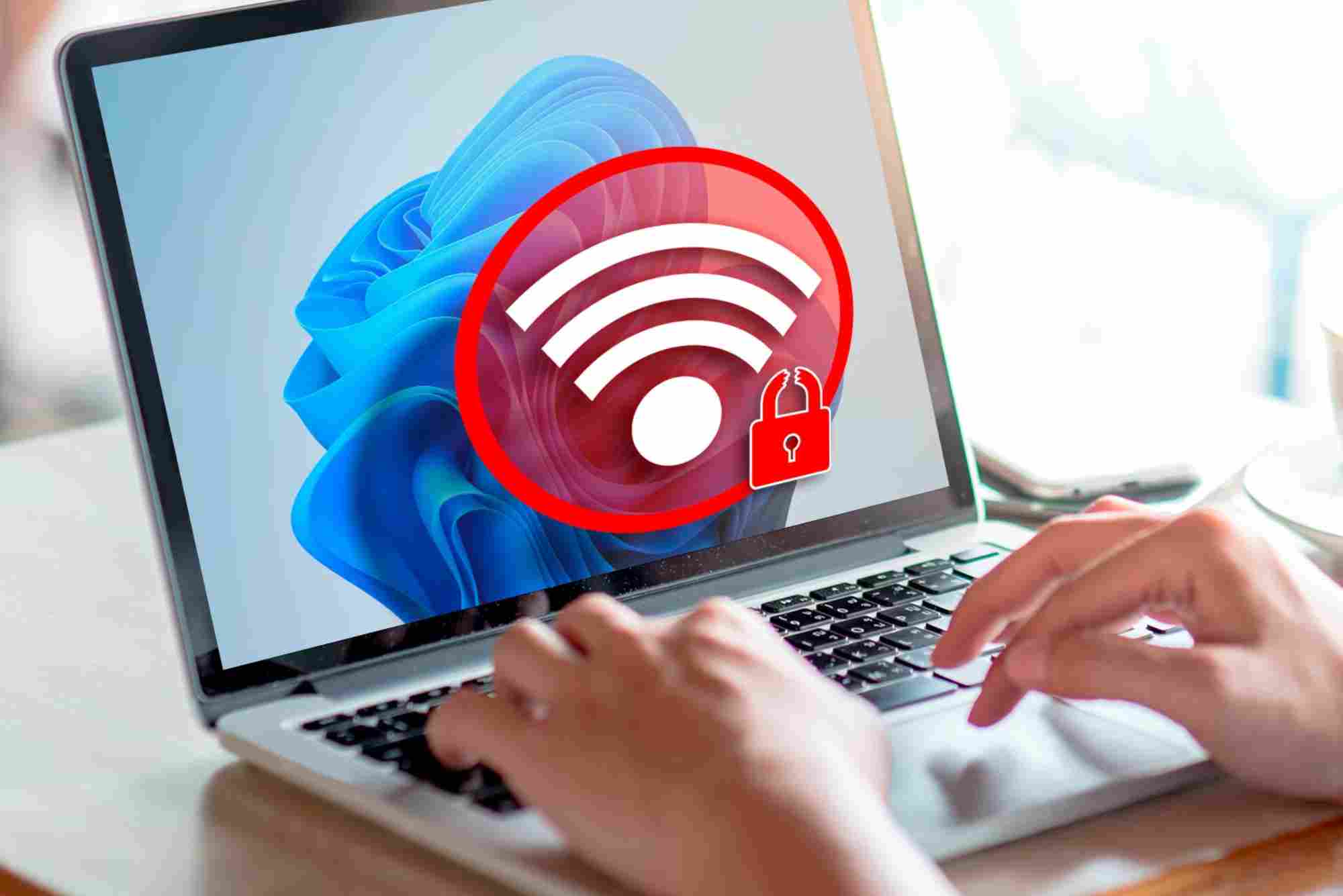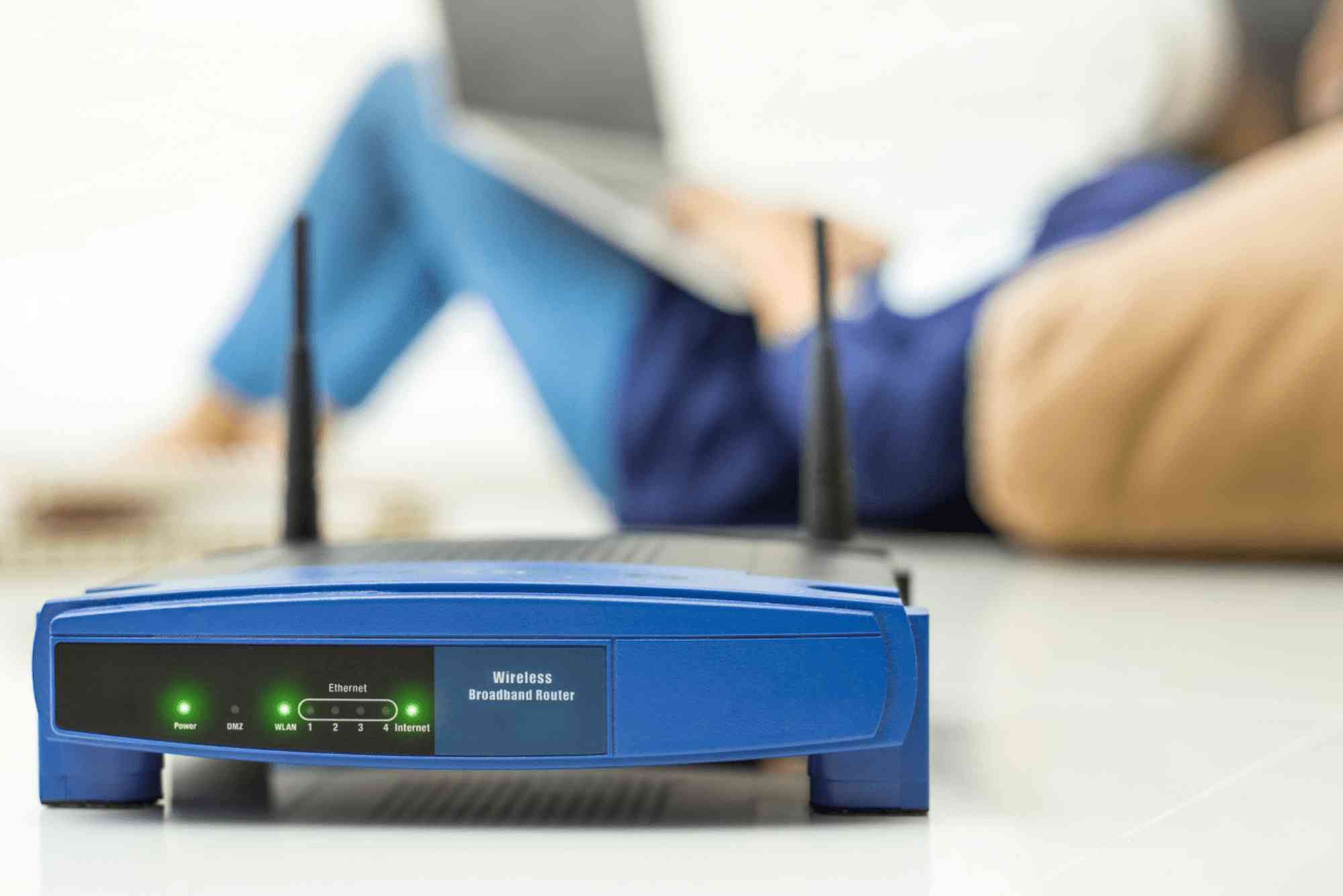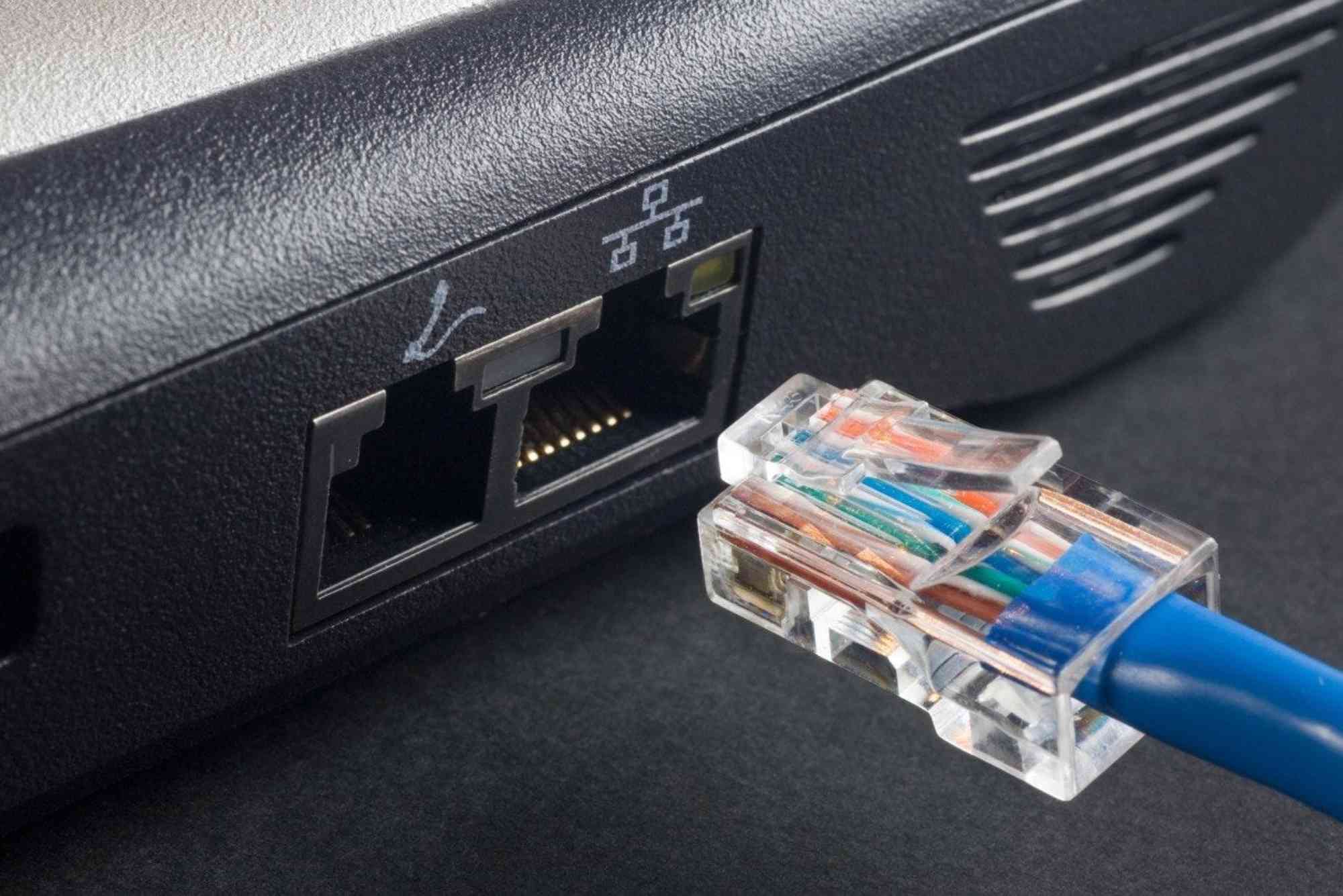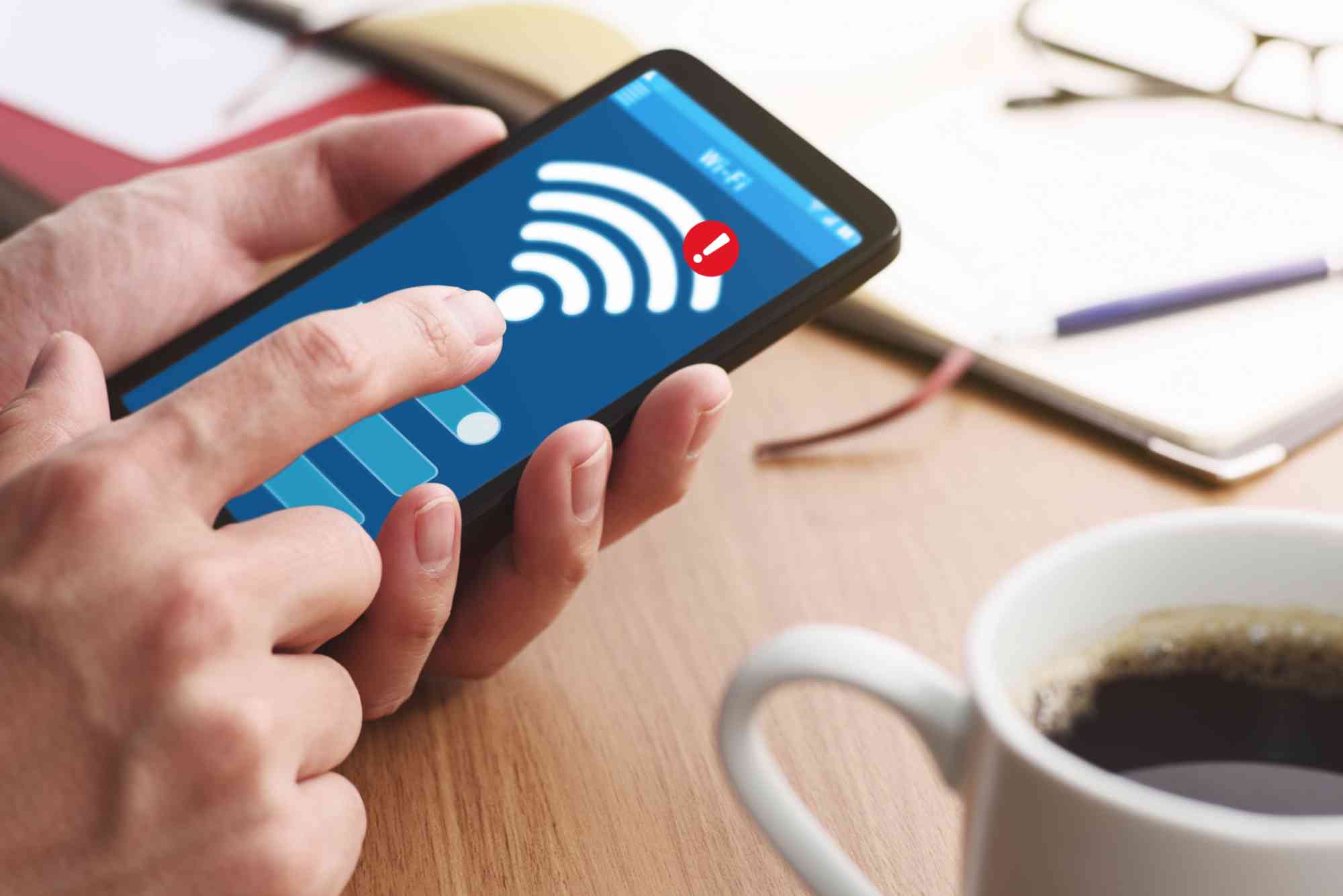Best Practices for ISP Password Management
In today’s digital world, internet security is more important than ever. Your Internet Service Provider (ISP) account is the gateway to your online presence. It connects you to the web, stores your billing details, and manages your service. This makes it a prime target for hackers. Following the best practices for ISP password management can protect your privacy, keep your data secure, and ensure uninterrupted connectivity.
Why ISP Password Management Matters
Many users underestimate the importance of their ISP account password. Unlike social media or shopping accounts, your ISP login controls your internet access and billing information. If compromised, attackers can change your plan, misuse your data, or lock you out. Strong password practices add a critical layer of protection against these risks.
Risks of Weak ISP Passwords
-
Hackers gaining unauthorized access to your account.
-
Identity theft through billing and personal data.
-
Service interruptions or unwanted plan changes.
-
Phishing attacks targeting your email linked to ISP accounts.
By understanding these risks, you can see why careful management of ISP passwords is essential.
Best Practices for ISP Password Management
Managing ISP account passwords goes beyond creating something memorable. It requires a structured approach to ensure your credentials remain private and secure. Let’s look at proven strategies.
Use Strong and Unique Passwords
A strong password is your first line of defense. Avoid common words, birthdays, or simple combinations. Instead, use:
-
At least 12 characters.
-
A mix of uppercase and lowercase letters.
-
Numbers and special characters.
For example, instead of using “John1234,” create something like “N!et4wrk@2025.” This makes brute-force attacks much harder.
Avoid Password Reuse
Reusing the same password across multiple accounts is risky. If one account is hacked, attackers can access others. Your ISP account should always have a unique password. This reduces the chance of a chain breach.
Update Passwords Regularly
Experts recommend updating ISP passwords every 3 to 6 months. Regular updates limit the time a stolen password remains valid. Always change your password immediately after a suspected breach.
Enable Two-Factor Authentication (2FA)
Many ISPs now offer two-factor authentication. With 2FA, you need a second verification step, such as a code sent to your phone. This makes hacking far more difficult, even if your password is stolen.
Use a Password Manager
Remembering multiple complex passwords can be overwhelming. A password manager stores them securely and auto-fills when needed. Tools like LastPass, Bitwarden, or 1Password help maintain strong password hygiene.
Beware of Phishing Emails
Cybercriminals often use fake ISP emails to trick users into revealing passwords. Always check the sender’s address and avoid clicking suspicious links. Instead, log in directly from your ISP’s official website.
Secure Your Devices
Password security also depends on your device. Install antivirus software, update your operating system, and use a firewall. Avoid logging into ISP accounts on public Wi-Fi unless using a VPN.
Creating a Secure Password Strategy
Combine Complexity with Memorability
Passwords should be complex but not impossible to remember. One method is the passphrase technique. For example, “MyDog$RunsFast2025!” is easier to recall and highly secure.
Use Separate Emails for ISP Accounts
Creating a dedicated email for ISP login reduces exposure. If your personal email is hacked, your ISP account remains safer.
Monitor Account Activity
Many ISPs allow you to check account activity. Regularly reviewing logins can help detect suspicious behavior early.
Common Mistakes to Avoid
Even with best practices, small mistakes can compromise your account. Avoid:
-
Writing passwords on sticky notes near your router.
-
Sharing login details with friends or family.
-
Using browser auto-fill without encryption.
-
Ignoring security alerts from your ISP.
These habits may seem convenient but can create dangerous vulnerabilities.
How ISPs Support Password Security
Some ISPs take proactive steps to protect users. They notify customers about unusual logins, enforce password strength rules, and provide 24/7 support. Reliable providers like Dhanote Internet Services also offer guidance on safe account management.
FAQ: Best Practices for ISP Password Management
How often should I change my ISP password?
Security experts recommend updating your password every 3 to 6 months. Change it immediately if you suspect a breach.
What makes a good ISP password?
A good password is at least 12 characters long, includes uppercase and lowercase letters, numbers, and special characters. Avoid personal information like names or birthdays.
Can I use the same password for multiple accounts?
No, it’s unsafe. Each account, especially your ISP login, should have a unique password to minimize hacking risks.
Do ISPs allow two-factor authentication?
Many ISPs now support 2FA. It adds an extra layer of security by requiring a verification code or mobile authentication.
What should I do if I forget my ISP password?
Use the official ISP password reset option. Never rely on third-party websites claiming to recover your password.
Stay Safe with Strong ISP Password Practices
Your ISP account is the key to your internet life. By following the best practices for ISP password management, you protect yourself from hackers, identity theft, and service disruptions. Start today by updating your password, enabling two-factor authentication, and considering a password manager.

